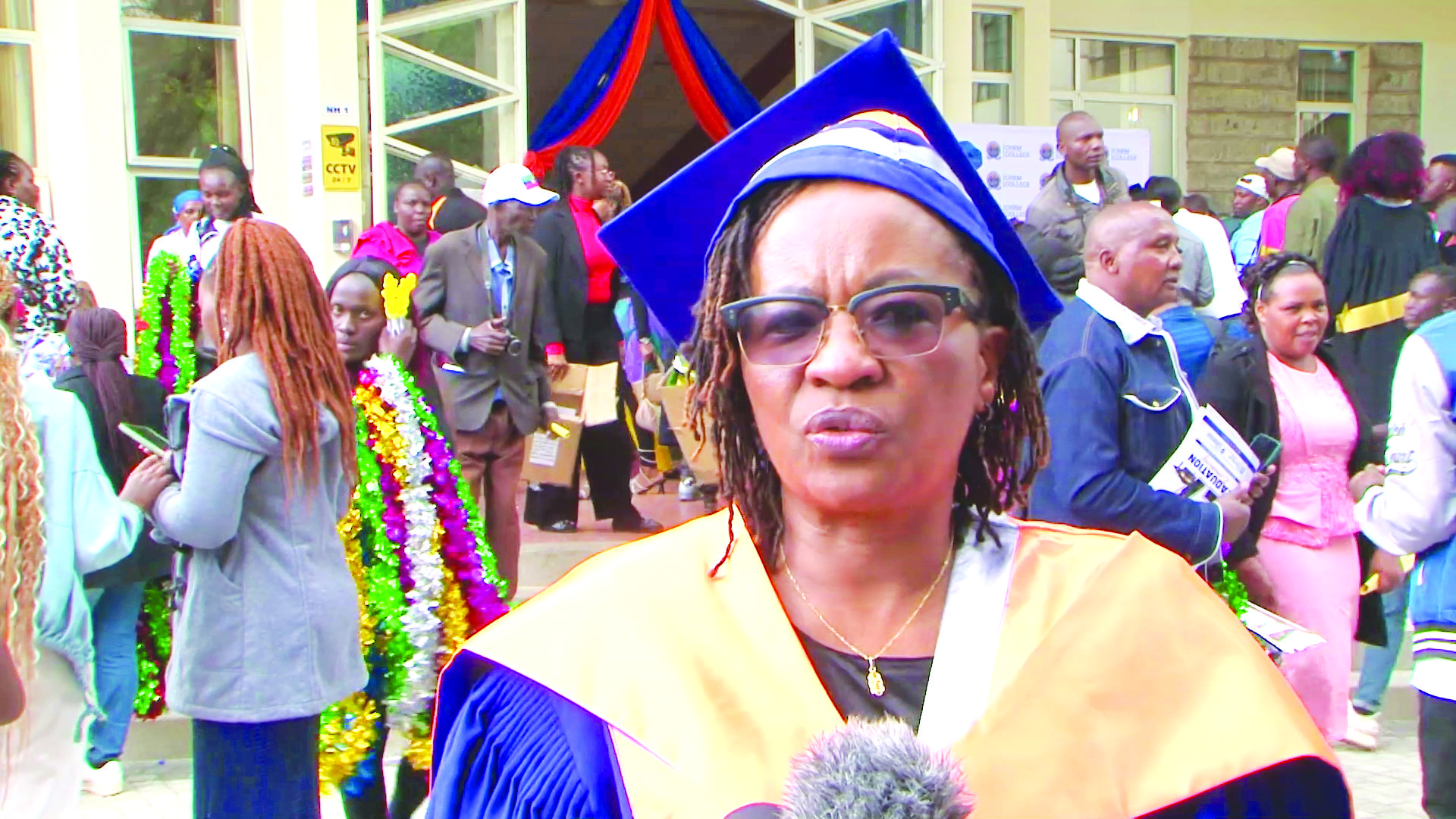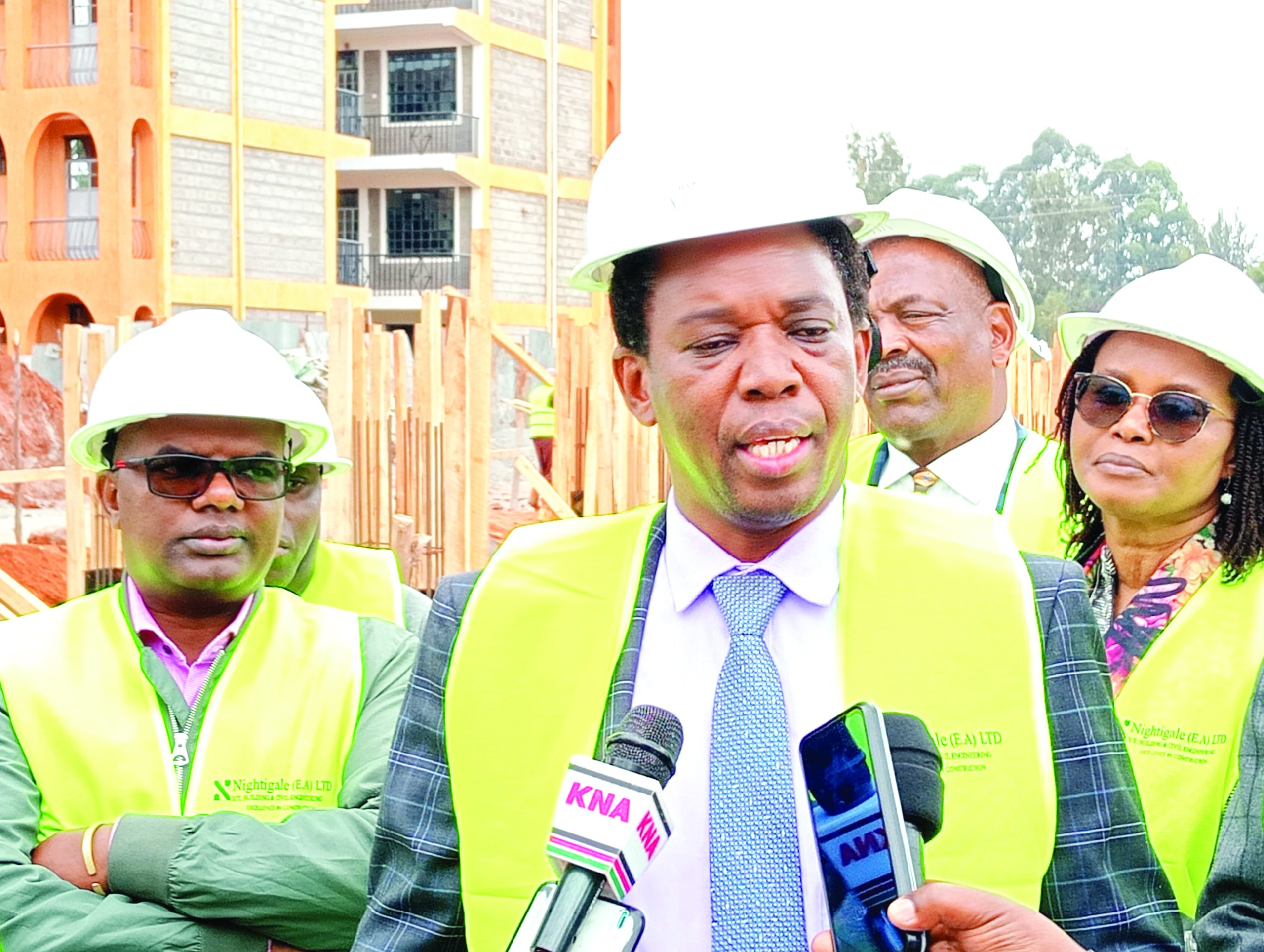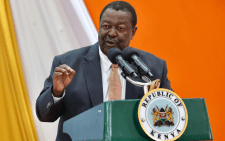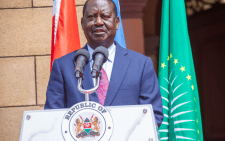The World Anti-Doping Agency (Wada) says it is “unfairly caught” in a row between the US and China, with their geopolitical tensions spilling onto the Olympic stage.
China’s top swimmers have been in the spotlight after a slew of doping allegations, followed by contentious US claims that Wada was covering it up.
Chinese swimmers headed to Paris were drug-tested twice as much as some other nations, which, in turn, has fuelled accusations of a conspiracy to disrupt their performance.
Wada said in its statement on Tuesday that it had been caught in “the middle of geopolitical tensions between superpowers but has no mandate to participate in that”.
“Certain individuals [in the US] are attempting to score political points purely on the basis that the athletes in question are Chinese,” Wada head of media relations James Fitzgerald told the BBC. “The result is that it has created distrust and division within the anti-doping system.”
A trade war, geopolitical rivalries and Beijing’s friendship with Russia have soured relations between the world’s two largest economies.
It’s little surprise that some of those tensions play out in competitive sports but now they appear to be driving a harder – and harsher – wedge.
Last week, Wada had said it was considering legal action against its US counterpart, Usada, over “defamatory” accusations.
The latter had accused Wada and China’s anti-doping agency, Chinada, of being among the “dirty hands in burying positive tests and suppressing the voices of courageous whistleblowers”.
US lawmakers, too, have accused Wada of failing to investigate doping allegations against Chinese swimmers properly. And on Tuesday they introduced a bill that would give the White House power to cut funding to the agency.
“When members of Congress and senators are inserting themselves into the largely technical world of anti-doping, it ceases to be about scientific and legal analysis, and it drifts into the political realm,” said Mr Fitzgerald.
Tainted food and nutritional supplements
Wada’s statement on Tuesday followed reports in the New York Times about a previously undisclosed case involving two Chinese swimmers – including one on this year’s Olympic team – who were investigated for doping.
They had tested positive for a banned steroid in 2022, but they were cleared to compete. China’s anti-doping agency concluded that the athletes had most likely consumed the steroid unknowingly while eating contaminated burgers.
Usada accused Wada of letting China “compete under a different set of rules, tilting the field in their favour”.
But Wada defended the decision. It said the athletes’ nutritional supplements and hair tests had returned negative results, and that both swimmers also provided control samples that were negative in the days before and after the one test that was positive.
It added that the two swimmers were suspended for more than a year and then their cases were closed.
Their cases are part of a “wider series of cases involving [Chinese] athletes from different sports”, the agency said, adding that, “based on the number of cases, clearly there is an issue of contamination in several countries around the world”.
In a statement in June, Wada noted that athletes who eat meat sometimes test positive for drugs if they have ingested clenbuterol, a banned substance which is used as a growth promoter for farm animals.
That statement, in response to questions from the New York Times, said the agency was investigating instances of contamination in China as well as Mexico, Guatemala and other countries.
The agency’s boss Olivier Niggli pointed out at the time that US media had “only asked questions about China when meat contamination is an issue in many countries”, and referred to “attempts to politicise anti-doping”.
All of this follows a bigger controversy in April when the New York Times reported that 23 Chinese swimmers had tested positive for a performance-enhancing drug months before the 2021 Tokyo Olympics.
But they were cleared to compete after Chinese officials found the results were caused by contamination. The 30-member team went on to win six medals, including three golds in Tokyo. Eleven of those who tested positive were also picked to be part of the Chinese swimming team for the Paris Olympics.
US swimmer and 11-time Olympic medalist Katie Ledecky had said her confidence in anti-doping regulators was at an “all-time low” after the news about the 23 Chinese swimmers.
Wada’s investigation, however, found that it was “not in a position to disprove the possibility that contamination” was the source of the drug, heart medication trimetazidine (TMZ).
It said the contamination theory was supported by “the combination of the consistently low concentrations of TMZ as well as no doping pattern” among the tested athletes. That is, their test results over several days were not consistent, veering between negative and positive.
An independent investigation found that Wada did not mishandle the case or show bias towards the Chinese swimmers.
Clash of the Titans
The scandals upped the pressure on anti-doping officials and by the time the Chinese swimming team arrived in Paris, they were being tested far more than is standard.
Since January, each of the team’s 31 members have been tested, on average, 21 times by various anti-doping organisations, according to World Aquatics, which oversees water sports.
In comparison, Australia’s 41 swimmers have been tested an average of four times and the 46 US swimmers, an average of six times.
The flurry of tests has sparked another set of allegations. The state-run Chinese newspaper the Global Times blames Western powers for “abusing doping tests to disrupt [the] Chinese swimming team”.
Speaking to the Global Times, an international politics professor in Shanghai, accused the US of dominating anti-doping rules.
Shen Yi suggested that the “relentless and unethical testing” had disrupted the Chinese team’s training, which she called a “disgrace to the Olympics”.
Chinese swimmer Qin Haiyang, who holds the world record for the 200m men’s breaststroke, said this testing “proves that European and American teams feel threatened by the performances of the Chinese team in recent years”.
“Some tricks aim to disrupt our preparation rhythm and destroy our psychological defence. But we are not afraid,” he said on Chinese social media platform Weibo.
Qin, who won golds in the 50m, 100m and 200m breaststroke at the world championships last year, finished in seventh place in the men’s 100m breaststroke final on Sunday.
This criticism was echoed by former Chinese diving champion Gao Min who said the rigorous testing had “disrupted our Chinese swimming team” and called Qin’s performance “the worst in any competition over the past two years”.
China’s current medal tally stands at one gold, two silver and two bronze.
China’s “butterfly queen”, Zhang Yufei, who won a silver in the 100m event in Tokyo, was in tears over her bronze finish on Monday but said the doping tests did not have a big impact on her.
While they were a “bit annoying”, she said it was the pressure that was “far greater” than she had imagined.
For these and more credible stories, join our revamped Telegram and WhatsApp channels.
Telegram: https://t.me/peopledailydigital
WhatsApp: https://whatsapp.com/channel/0029Va698juDOQIToHyu1p2z


















